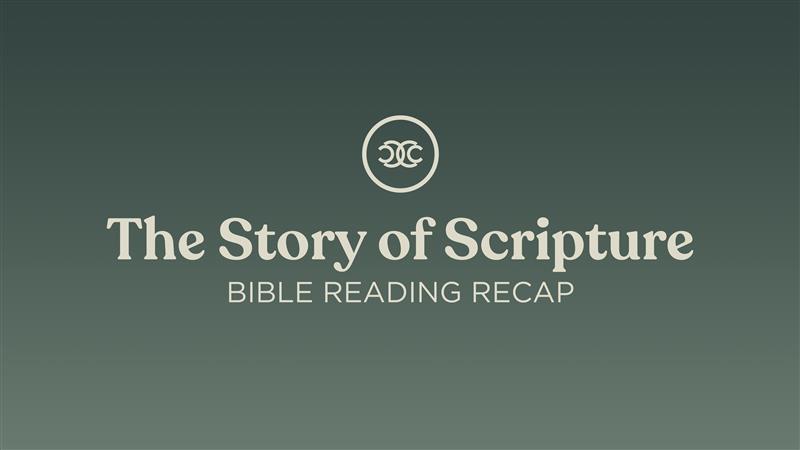101: The Story of Scripture – Revelation 14-22
In the final episode of the Story of Scripture, Ted Ryskoski, Lance Lawson, and Rachel Chester discuss not only the end of Revelation, but the culmination of the entire story of God’s Word.
How does every one of God’s purposes and promises conclude with this cosmic, beautiful, picture? How has Jesus always been the only and necessary answer? How can we respond?

